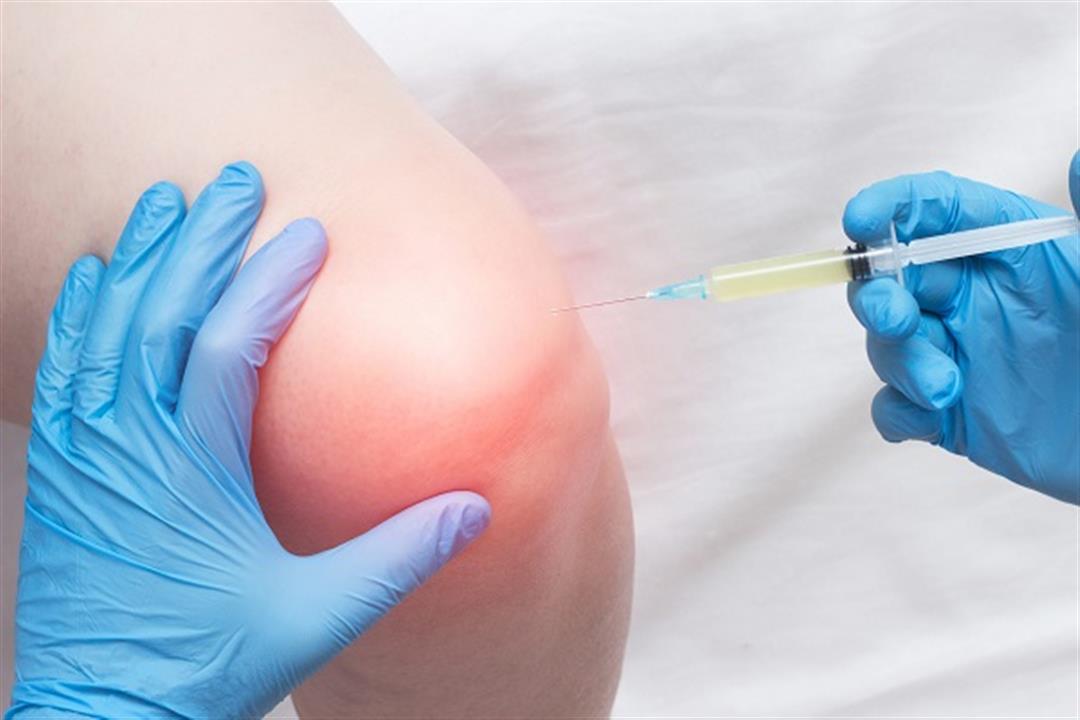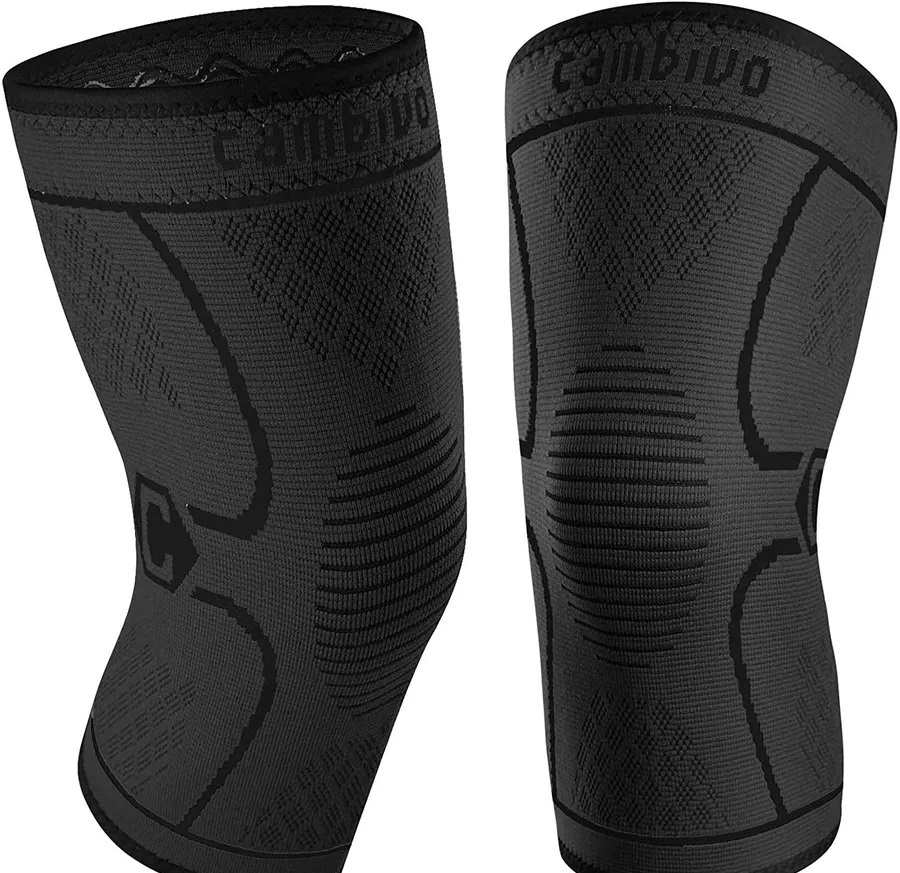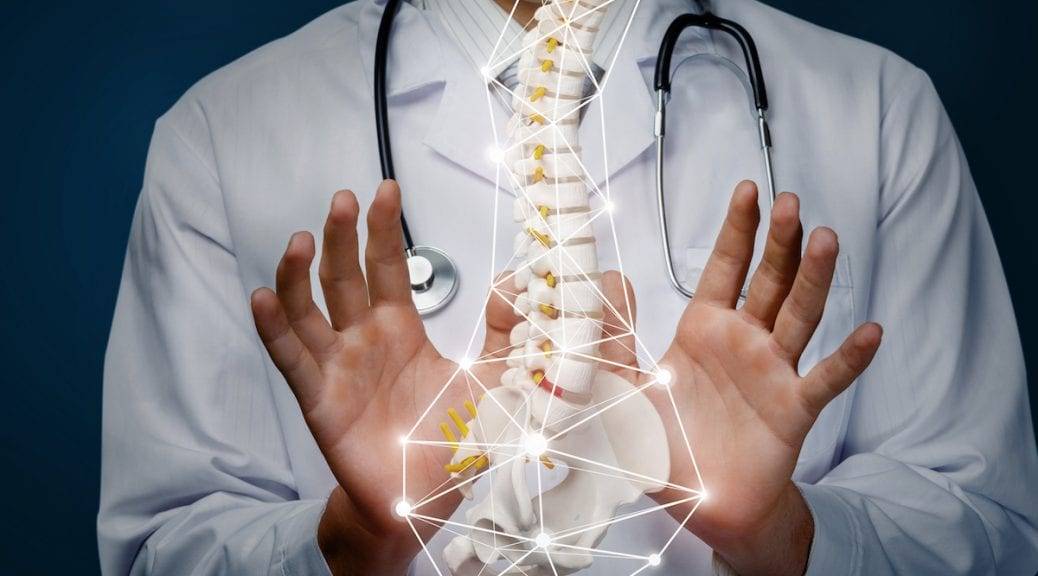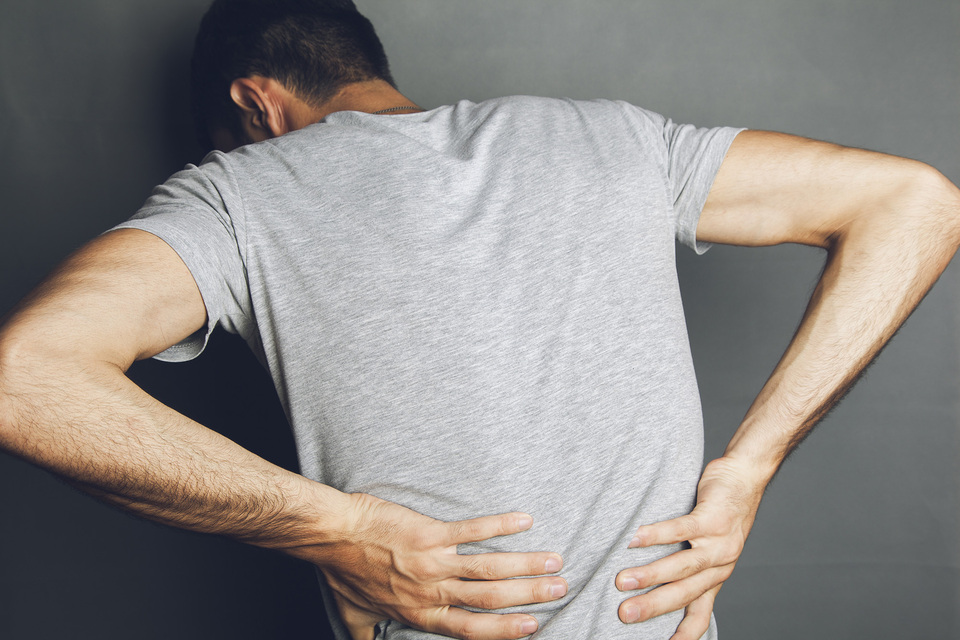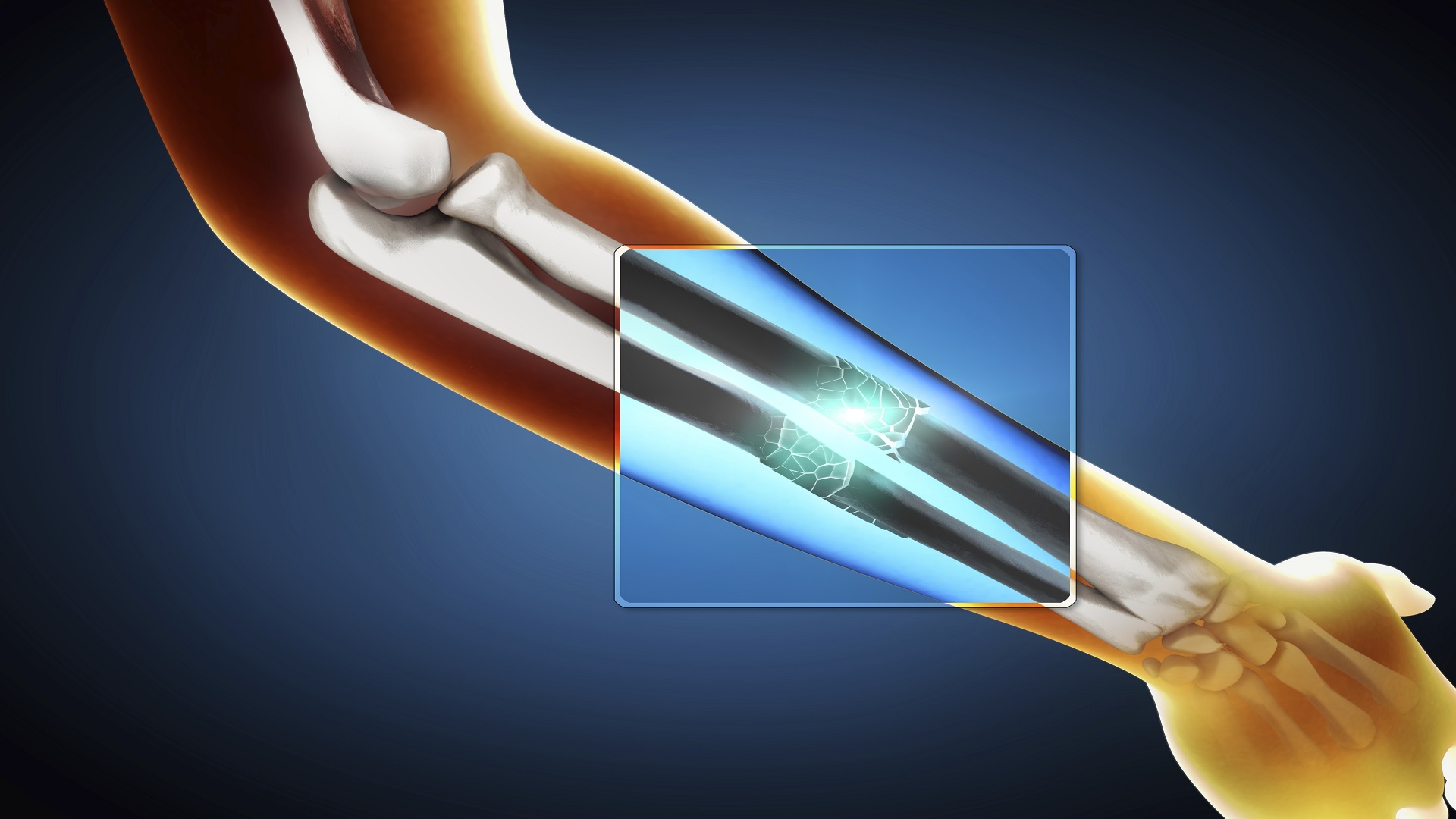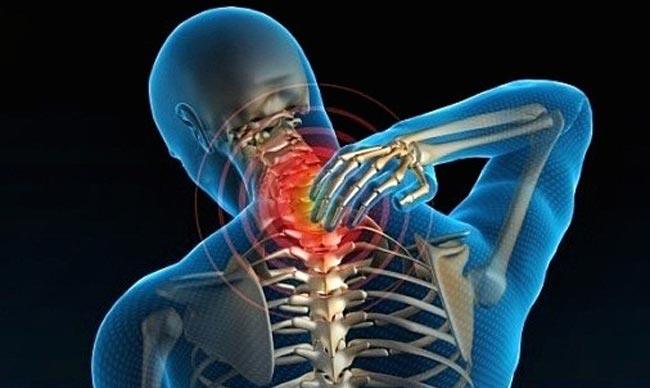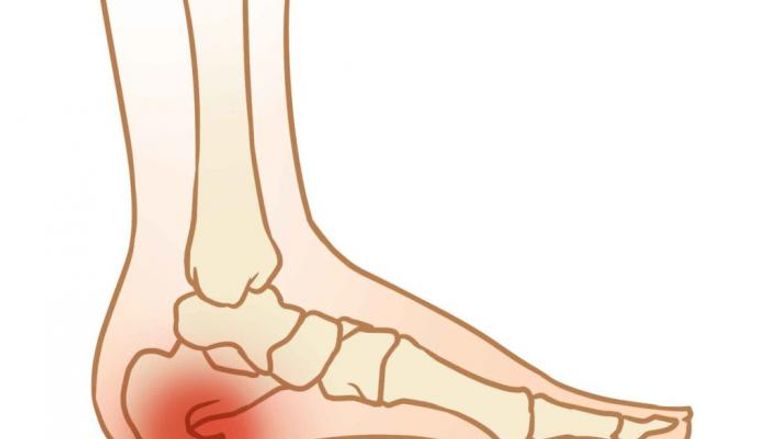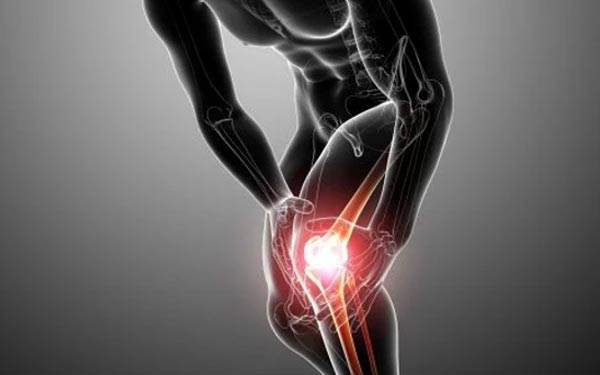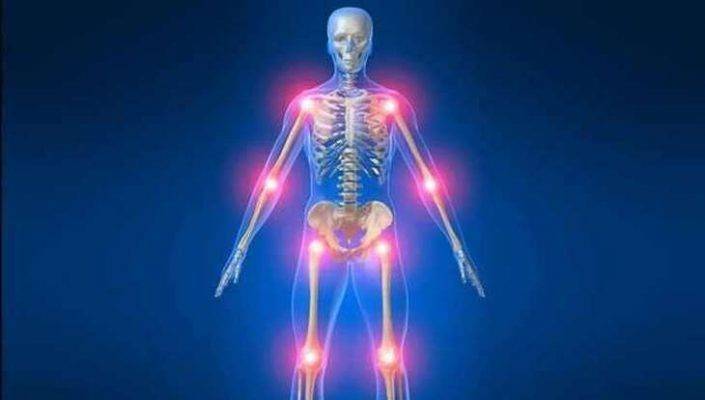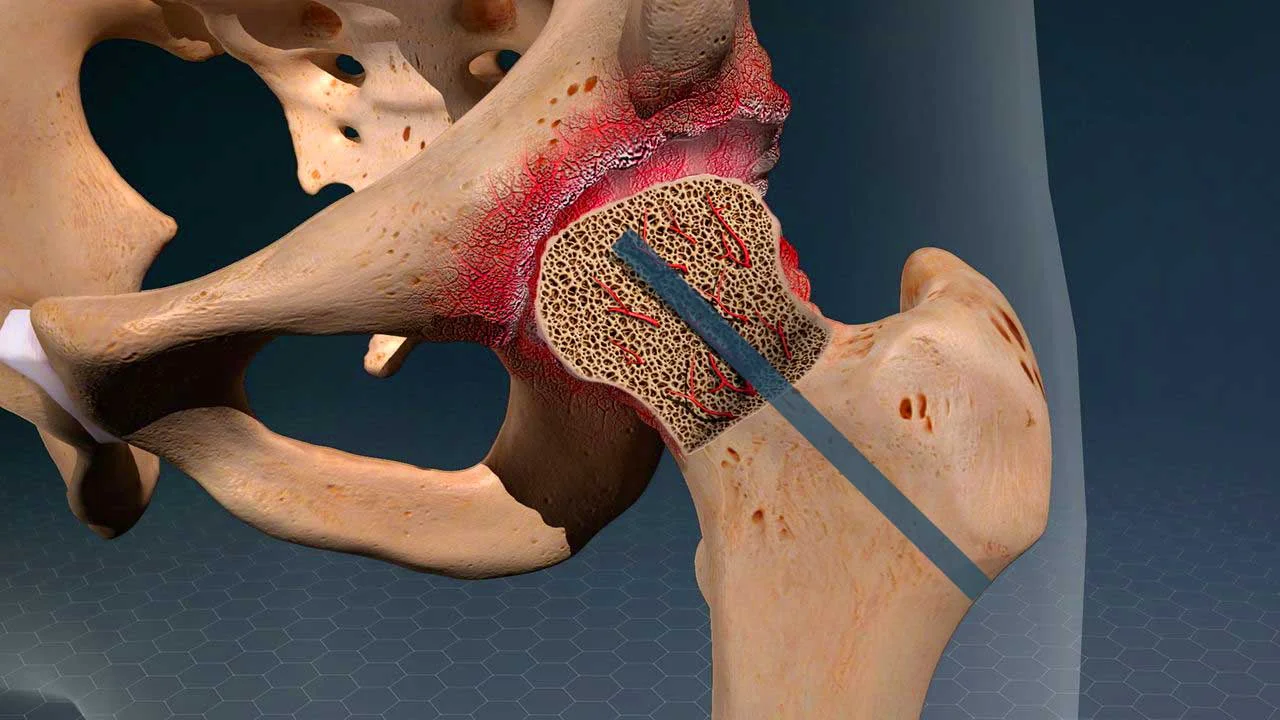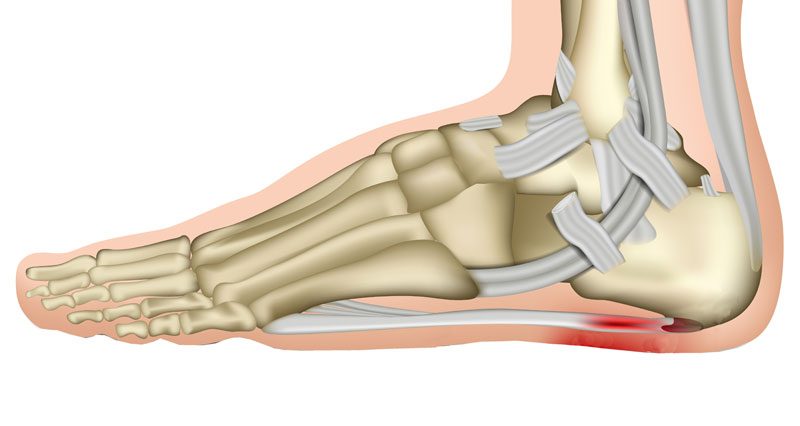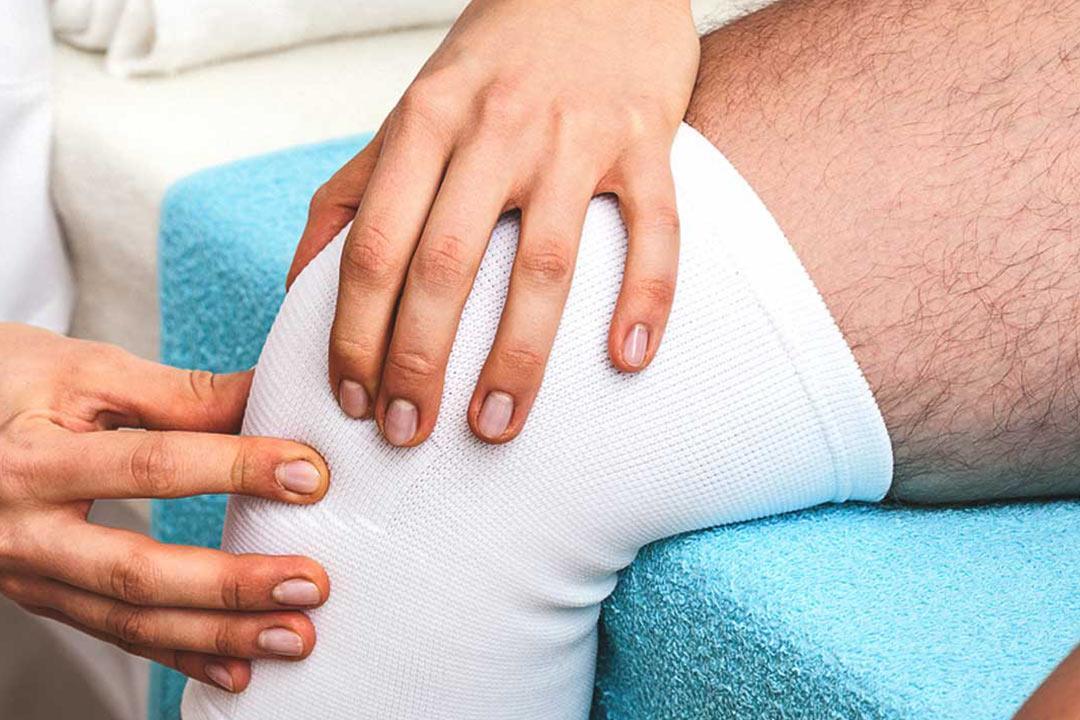Learn about an antibiotic for hip joint inflammation and its therapeutic importance!
Antibiotic for Pelvic Inflammatory Disease (PID), Pelvic inflammatory disease (PID) is a common inflammation that many people suffer from. In this article, we will learn in detail about the most important information related to the causes and symptoms of pelvic inflammatory disease, and we will also discuss the best antibiotics to overcome this condition.
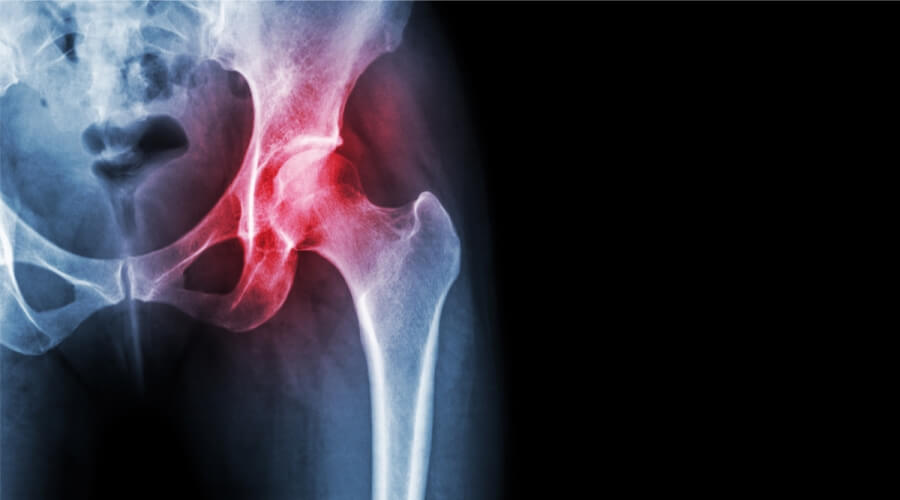
Antibiotic for Pelvic Inflammatory Disease
Pelvic inflammatory disease (PID) is a common condition that affects many people at different stages of their lives. PID can be painful and troublesome, so prompt diagnosis and proper treatment are recommended to reduce pain and improve overall condition.
Antibiotics play a crucial role in treating this type of joint inflammation, as they fight infection and alleviate associated symptoms. In this article, we will review some of the medications prescribed by doctors to treat PID, as well as some general self-care tips for improving the condition, which include the following:
It is recommended to take medications for PID as directed by the attending physician. Here are some well-known medications for PID:
- Amoxicillin/Clavulanic Acid (Augmentin): This broad-spectrum antibiotic is one of the common options for treating PID. It works by fighting the bacteria that cause joint inflammation.
- Ciprofloxacin (Ciprofloxacin): This antibiotic is used to treat bacterial joint infections, including PID. It is useful in cases of PID caused by superficial decay and bacterial infection.
- Ceftriaxone (Ceftriaxone): This antibiotic is suitable for treating PID caused by sexually transmitted infections. It is one of the well-known treatment options for infections in the pelvic cavities surrounding the uterus.
Get specialized and personalized solutions for treating pelvic inflammatory disease from Dr. Amr Amal‘s clinic.
Prevention of Pelvic Inflammatory Disease
Some general self-care tips can be followed to improve the condition and speed up recovery. Here are some important tips:
- Rest: It is recommended to reduce physical activity and movement for a period of time until the pain and joint swelling subside.
- Ice and Warm Water: Ice can be applied to the inflamed joint for 15-20 minutes to reduce pain and swelling. Warm water can also be applied to the joint to promote blood circulation and reduce severity.
- Massage and Simple Exercises: A tennis ball or hands can be used to gently massage the joint, helping to improve movement and relieve pain. Simple exercises can also be done to strengthen the muscles surrounding the joint.
- Healthy Diet: Avoid foods high in saturated fats and salt, and consume fresh and nutritious foods such as fruits, vegetables, and fiber-rich foods. This healthy diet may help improve joint health and control pelvic inflammatory disease.
If you want to learn more about pelvic pain, we recommend this article.
What is Pelvic Inflammatory Disease?
Sacroiliac pelvic inflammatory disease is a condition that causes inflammation and severe changes in the joints between the pelvis and the spine. This disease can affect people of all ages, especially those with muscle weakness or bone degeneration.
Patients experience various symptoms, including hip and lower back pain, which worsens when standing for long periods, climbing stairs, or even while sleeping or sitting for an extended time. The pain can also extend to the legs and buttocks.
Although the hip joint is one of the strongest and most protected joints in the body, it can also be affected by inflammation and degeneration. Those suffering from hip joint inflammation experience severe morning pain or after sitting for a long time, and the pain may subside when the person moves. You can get important medical advice and comprehensive treatment for pelvic inflammatory disease from Dr. Amr Amal.
What are the causes of Pelvic Inflammatory Disease?
Pelvic inflammatory disease is a medical condition that causes inflammation of the synovial membrane (Synovitis) located in the pelvis. This inflammation can occur due to several factors, and in this article, we will explore some common causes of pelvic inflammatory disease, which include the following:
- Ankylosing Spondylitis:
Ankylosing spondylitis is a chronic disease that leads to chronic inflammation in the vertebrae of the spine, gradually causing them to fuse over time. As a result, the spine becomes deformed and less flexible. In this condition, the risk of pelvic joint compressive fractures increases significantly. - Rheumatoid Arthritis:
Rheumatoid arthritis is one of the autoimmune diseases that typically affects joints, and it can also affect the pelvic joint. This condition causes joint inflammation and swelling, leading to impaired movement and pain in the pelvic joint. - Psoriatic Arthritis:
Psoriatic arthritis is a skin-related condition that causes inflammation and stiffness and can affect any joint in the body, including the pelvic joint. Patients with this type of arthritis suffer from pain and impaired movement in the pelvic joint. - Osteoarthritis:
The cause of pelvic joint irritation may be osteoarthritis, an autoimmune disorder that results in joint erosion and damage. The pelvic joint becomes unstable, and patients with this disease experience severe pain and impaired movement. - Cartilage Erosion and Loss:
The most common cause of worsening pelvic joint inflammation is the erosion and loss of cartilage between the bones that form the joint. Cartilage provides flexibility and smooth movement for the joint, and over time, cartilage damage can lead to inflammation and pain in the pelvic joint.
Although these causes are common, there are other factors such as acute injuries and genetic factors that can increase the risk of developing pelvic joint inflammation. Patients experiencing symptoms of pelvic joint inflammation should consult a doctor for accurate diagnosis and appropriate treatment plan.
What are the symptoms of Pelvic Inflammatory Disease?
Pelvic inflammatory disease is considered one of the painful health conditions that affect women. In some cases, severe pain is the primary and only symptom of this disease. However, other symptoms may also appear, including:
- Loss of Mobility: Loss of mobility is one of the distinctive symptoms of pelvic inflammatory disease, as it becomes difficult for the affected person to move the joint easily.
- Insomnia: Pelvic inflammatory disease may be accompanied by difficulty sleeping or frequent waking during the night due to the severe pain experienced by the patient.
- Depression: Persistent pain and movement restrictions can affect the psychological state of the woman with pelvic inflammatory disease, leading to the appearance of various symptoms of depression.
- Increased Risk of Compressive Fracture: Pelvic inflammatory disease may increase the risk of compressive fractures, especially after a prolonged period of immobility or continuous rest.
Avoid complications and health problems with consultations from Dr. Amr Amal in treating pelvic inflammatory disease. If you want to learn about the causes and symptoms of arthritis in general, you can read this article.
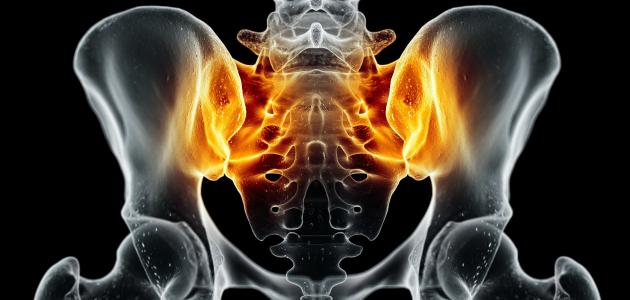
What are the complications of Pelvic Inflammatory Disease?
The pelvic joint plays a vital role in movement and stability for the lower part of the body, and unfortunately, pelvic joint inflammation is a chronic disease that individuals may face. Inflammation of this joint can lead to serious physical and health complications that require prompt attention and treatment. In this article, we will discuss some important and potential complications of pelvic joint inflammation, which include the following:
1. Increased Risk of Compressive Fracture:
One of the common complications of pelvic joint inflammation is an increased risk of compressive fracture, especially in cases of ankylosing spondylitis. Ankylosing spondylitis is a chronic disease that leads to inflammation of the hip joint and stiffening of the nearby vertebrae. This close stiffening and fusion can lead to spinal curvature and reduced flexibility, greatly increasing the risk of compressive fracture.
2. Pain from Pelvic Joint Inflammation:
Lower back pain is one of the common signs of pelvic joint inflammation. Patients may experience painful episodes and stiffness in the pelvic area with pain in the outer thigh or buttocks. The pain may increase during walking or standing for long periods, affecting the ability to perform daily activities normally.
3. Developing Ankylosing Spondylitis:
Chronic hip joint inflammation in the pelvic joint may lead to another complication, ankylosing spondylitis. This disease affects the vertebrae in the spine and the sacroiliac joint, leading to an increase in body temperature and continuous stiffening of the vertebrae. Ankylosing spondylitis must be treated seriously to avoid the physical health problems that may arise from it.
Complications of pelvic joint inflammation require new medical care and appropriate tests for early detection and diagnosis. It is advisable to consult a specialist doctor for an accurate diagnosis and appropriate treatment. Remember, prevention is better than cure, so if you are experiencing symptoms that indicate pelvic joint inflammation, consult a doctor as soon as possible to avoid serious physical complications.
What are the methods for treating Pelvic Inflammatory Disease?
When the pelvic joint is exposed to inflammation, it can significantly impact the life of the affected person. Fortunately, there are several ways to treat this disease and relieve pain and swelling. In this article, we will review some of the methods used by doctors to treat pelvic joint inflammation, keeping in mind that different methods may be applied depending on the patient’s condition and the severity of the symptoms.
- Medication:
- Pain medications include non-steroidal anti-inflammatory drugs such as ibuprofen and naproxen. These medications should be used under the supervision of a doctor and according to the prescribed dosage.
- Some prescribed pain relievers may help relieve pain associated with pelvic joint inflammation. These medications may include amitriptyline and diazepam.
- In advanced cases, the doctor may use topical steroids or local injections to provide direct treatment to the inflamed joint.
- Physical Therapy and Rehabilitation:
- Physical therapy and rehabilitation can be an important part of the treatment to soothe pain, strengthen pelvic and joint muscles, and increase flexibility.
- Rehabilitation sessions may include stretching exercises, muscle strengthening exercises, and deep breathing techniques.
- Surgical Treatment:
- If the patient does not respond to medication and physical therapy, surgical treatment may be suggested.
- Potential surgical procedures include joint debridement from any debris or deformities, repair of damaged tissues, and joint fixation if necessary.
- Heat Therapy and Hydrotherapy:
- Heat therapy is part of an integrated treatment for pelvic joint inflammation.
- Heat therapy includes the use of hydrotherapy and the application of infrared rays to relieve pain and improve blood circulation.
- Herbal and Dietary Supplements:
- Some herbs and dietary supplements may be used as part of complementary treatment to soothe pain and improve the condition of pelvic joint inflammation. Among the well-known herbs are ginger and rosemary.
Rest assured, you can return to your normal lifestyle with Dr. Amr Amal‘s innovative treatment for pelvic inflammatory disease.
What are the medications for treating Pelvic Inflammatory Disease?
- Non-Steroidal Anti-Inflammatory Drugs (NSAIDs):
- The use of non-steroidal anti-inflammatory drugs (NSAIDs) is widespread in the treatment of pelvic joint inflammation. These drugs work to relieve pain and reduce inflammation.
- An example of these drugs is ibuprofen, a medication used to treat joint inflammation and available without a prescription.
- Muscle Relaxants:
- Some medications that help reduce muscle spasms caused by pelvic joint inflammation are prescribed, but if you want to learn more about muscle stiffness, click here.
- Tumor Necrosis Factor Inhibitors:
- Some medications target tumor necrosis factor and work to reduce joint inflammation and relieve pain.
- Pain Relievers:
- Over-the-counter pain relievers are also an option for treating pelvic joint inflammation.
- Medications such as ibuprofen or acetaminophen can be helpful in relieving pain.
The doctor should be contacted before taking any of these medications, and the attached instructions should be followed. Treatment may require consultation with a specialist in joint diseases to assess the condition and determine the appropriate medications and dosages.
Who are the candidates for using medications to treat Pelvic Inflammatory Disease?
Pelvic inflammatory disease is a chronic and painful health problem that many people suffer from, and it requires effective treatment to alleviate symptoms and improve the overall health condition of the patient. Among the common treatments for this disorder are over-the-counter medications for pelvic joint treatment.
In this article, we will take a look at who are the candidates for using medications to treat pelvic joint, by presenting the available options and appropriate medical guidelines, which include the following:
- People suffering from acute pain in the pelvic joint and hip:
Acute pain in the pelvic joint and hip area is one of the main symptoms that indicate the presence of pelvic joint inflammation. Over-the-counter pain relievers such as ibuprofen or acetaminophen are recommended to try to alleviate the painful symptoms. - People who find it difficult to bend and perform daily activities:
Some people may find it difficult to perform daily movements such as bending, sitting, and standing due to pelvic joint pain. Using over-the-counter pelvic joint medications is a good option to reduce symptoms and improve mobility - Patients with avascular necrosis: Medications for treating hip joint inflammation are also used to improve the condition of patients suffering from avascular necrosis, a condition that requires complete hip joint replacement due to arthritis or worsening health condition. Hip and thigh joint injections are considered treatments available for patients undergoing this surgical procedure.
What are the benefits and advantages of medications for treating hip joint inflammation?
Hip joint inflammation is one of the rare conditions that individuals suffer from, causing swelling of the joint space between the hip and thigh. To treat this problem, doctors use a variety of medications that provide many health benefits.
One of the key benefits of medications for treating hip joint inflammation is their ability to effectively and quickly relieve pain. Non-steroidal anti-inflammatory drugs (NSAIDs) such as ibuprofen and naproxen are common methods used that work to reduce swelling and inflammation in the affected joint.
Additionally, these medications help improve joint movement and increase range of motion, contributing to improving the patient’s quality of life and comfort. Furthermore, anti-inflammatory medications can help prevent the development of other potential problems in the joint in the future, making them an important choice in the treatment and management of hip joint inflammation.
My experience with Dr. Amr Amal in treating the pins and needles sensation in my left leg was amazing.
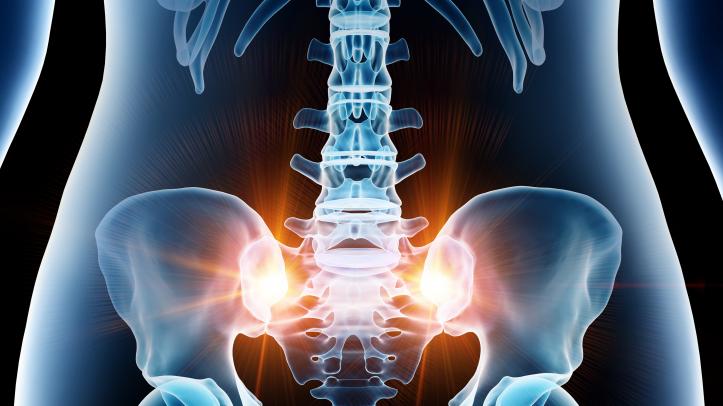
What are the disadvantages and drawbacks of medications for treating hip joint inflammation?
Medications for treating hip joint inflammation are of great importance and effectiveness in alleviating arthritis symptoms and improving patients’ quality of life. However, it should be noted that there are some potential drawbacks to using these medications, and here we will discuss some important points to know about the possible drawbacks of medications for treating hip joint inflammation, including the following:
1. Side effects:
Medications for treating hip joint inflammation are potent and capable of affecting the immune, digestive, and nervous systems, among other body systems. As a result, they can cause some bothersome side effects such as nausea, vomiting, diarrhea, stomach pain, difficulty sleeping, headaches, and more. It is advised to consult a doctor if any unwanted side effects occur.
2. Rare serious effects:
In rare cases, serious effects may occur when using medications for treating hip joint inflammation. This includes muscle spasms, low blood sodium levels, changes in blood pressure, and various sensory symptoms such as tingling in the hands and feet. In case of any serious effect, immediate medical assistance should be sought.
3. Effect on pregnant and breastfeeding women:
Medications for treating hip joint inflammation are intended for use in adults and are not recommended for pregnant or breastfeeding women unless there are clear directives from a doctor. Using these medications can cause health problems for both the mother and the child.
4. Interactions with other medications:
Before using medications for treating hip joint inflammation, it is important to inform the doctor about any other medications being taken, whether prescription or natural products. Drug interactions can lead to unwanted reactions, increasing the risk of side effects or reducing the effectiveness of the treatment.
5. Dependence on medication:
It should be understood that using medications for treating hip joint inflammation is not a substitute for complementary treatments such as physical therapy, exercise, and proper nutrition. Medications can help alleviate pain and reduce swelling, but consultation with a doctor is necessary to determine the optimal treatment for each patient’s condition.
Best Doctor for Treating Hip Joint Inflammation in Cairo
Dr. Amr Amal stands out as one of the leading specialists in treating hip joint inflammation in Cairo. Over five years, Dr. Amr worked as a professor of orthopedic and arthroscopic surgeries at Ain Shams University, gaining valuable experience in this field. Dr. Amr is known for his extensive record in treating bone fractures and his specialization in repairing bone injuries and joint pain.
Dr. Amr Amal is considered one of Egypt’s prominent sports doctors, with vast experience in orthopedic and joint surgeries and his exceptional ability to diagnose and treat hip joint inflammation effectively. His expertise in this type of injury is one of his significant scientific achievements.
The treatment process for hip joint inflammation at Dr. Amr’s clinic involves various therapeutic approaches. Dr. Amr uses medication therapy, local injections, arthroscopic surgery, and various joint surgeries as means to provide appropriate treatment for each case.
Furthermore, Dr. Amr is characterized by his dedication and personal care provided to each patient. Dr. Amr pays great attention to understanding the individual patient’s condition and potential risks, working to provide comfort and safety during the treatment period.

